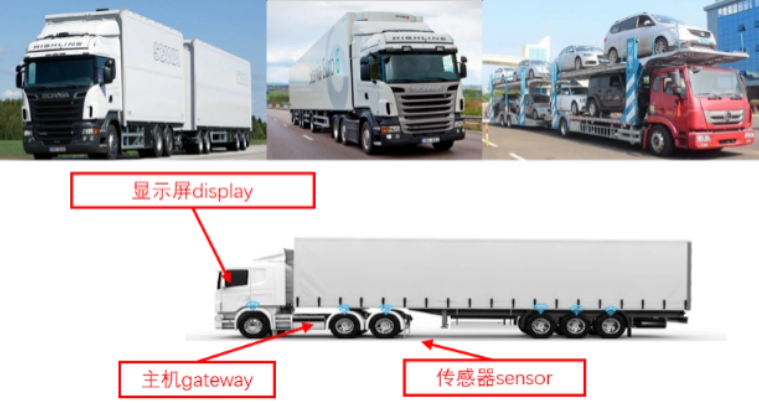What is an Intelligent Tire Design System?
An intelligent tire design system utilizes AI (artificial intelligence), machine learning, and big data analytics to improve tire performance, safety, durability, and fuel efficiency. Tire manufacturers use these systems to design smart tires that adapt to driving conditions and provide real-time insights into tire health. These advanced tire technologies enable engineers to optimize tire performance based on real-world data from sensors embedded in the tires and vehicles.

The Evolution of Tire Design: From Traditional to Intelligent
Historically, tire design involved physical prototypes and extensive testing. In contrast, intelligent tire design systems now leverage virtual simulations and predictive modeling to refine tire specifications, ensuring optimal performance while reducing waste and testing costs. Today’s smart tire technologies enable manufacturers to evaluate tire performance in real-time, revolutionizing how tire manufacturing and optimization processes are approached.
Key Features of Intelligent Tire Design Systems
- Data-Driven Tire Design: Intelligent tire design relies heavily on data-driven insights. Tire manufacturers use real-time data from tire sensors to monitor variables such as tire pressure, temperature, wear patterns, and load distribution. These insights help optimize tire longevity, safety, and fuel efficiency.
- AI and Machine Learning Integration: The integration of artificial intelligence and machine learning allows tire designers to predict tire performance more accurately and continuously improve tire designs. AI-powered tire design systems process vast amounts of data to enhance the performance characteristics of each tire, ensuring that it delivers superior handling, traction, and comfort.
- Advanced Simulations: Tire manufacturers can test and refine their designs before production begins using real-time simulation software. This process allows for precise tire optimization for various conditions, such as wet or icy roads, off-road driving, and heavy-duty applications. Smart tire technologies facilitate virtual tire testing, cutting down on development time and costs.
- Sustainability and Eco-Friendly Materials: As environmental concerns continue to grow, sustainable tire design is gaining momentum. Intelligent tire systems help reduce the environmental impact by improving tire durability, extending lifespan, and minimizing the need for raw materials. Additionally, manufacturers are increasingly using eco-friendly materials in tire production, contributing to a greener industry.
Benefits of Intelligent Tire Design Systems
- Enhanced Tire Performance and Safety: The primary advantage of intelligent tire design systems is their ability to deliver tires that significantly improve vehicle safety and performance. With smart tires, drivers experience better grip, stability, and braking performance, especially under challenging conditions such as wet roads or rough terrains. The incorporation of real-time tire data ensures that tires can adjust to dynamic driving conditions.
- Fuel Efficiency and Cost Savings: One of the key benefits of smart tire technology is its impact on fuel efficiency. Intelligent tire design optimizes rolling resistance, which directly influences a vehicle’s fuel consumption. By reducing rolling resistance, fuel-efficient tires can significantly lower operating costs for both individual car owners and fleet operators.
- Longer Tire Lifespan: Through continuous monitoring and data collection, intelligent tire systems help extend tire life by detecting wear patterns early and providing alerts for timely maintenance. Tires are designed with enhanced durability and optimized tread patterns, resulting in fewer replacements and better long-term value for consumers.
- Custom-Tailored Tires for Different Vehicles: Tire manufacturers can now tailor tire designs to the specific needs of various vehicle types. Whether it’s for electric vehicles (EVs), high-performance sports cars, or heavy-duty trucks, smart tire systems allow manufacturers to optimize tires for specific applications, improving safety and performance in each case.
- Cost Efficiency in Tire Production: The use of AI and machine learning in the design phase also leads to significant cost reductions. The ability to simulate tire behavior under different conditions reduces the need for physical prototypes, enabling tire manufacturers to bring products to market more quickly and cost-effectively.
The Future of Intelligent Tire Design Systems
As the automotive industry continues to evolve, smart tires will become integral to the development of autonomous vehicles and electric cars. With the rise of connected vehicles, intelligent tire systems will communicate directly with onboard vehicle sensors, allowing for real-time adjustments to tire performance, such as altering tire pressure or tread patterns based on driving conditions. In the future, AI-driven tire technologies will ensure even higher levels of safety, efficiency, and sustainability, making vehicles smarter and more energy-efficient.
Conclusion
The advent of intelligent tire design systems represents a significant leap forward in tire technology. By utilizing AI, machine learning, and advanced data analytics, tire manufacturers are now able to create smarter, more durable, and more fuel-efficient tires. With continued advancements in smart tire technologies, the future of tire design looks brighter, greener, and more performance-oriented than ever before. Whether enhancing vehicle safety, improving fuel efficiency, or reducing the environmental impact, intelligent tire systems are paving the way for a more innovative and sustainable tire industry.

